|
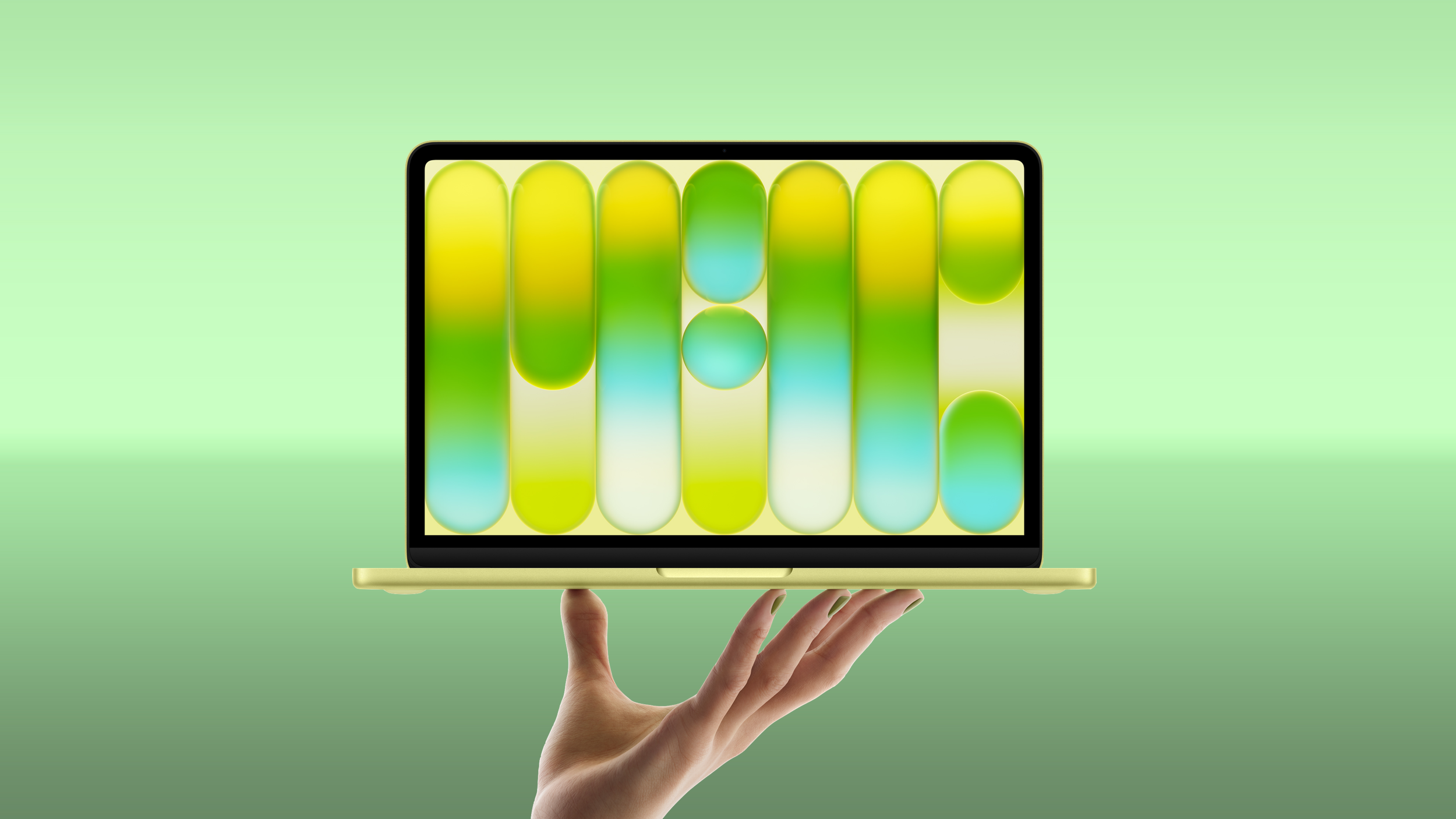 While the MacBook Neo does not launch until next week, Apple's colorful new wallpapers designed for the laptop are included in the macOS 26.3.1 update for it. While the MacBook Neo does not launch until next week, Apple's colorful new wallpapers designed for the laptop are included in the macOS 26.3.1 update for it.
|
|
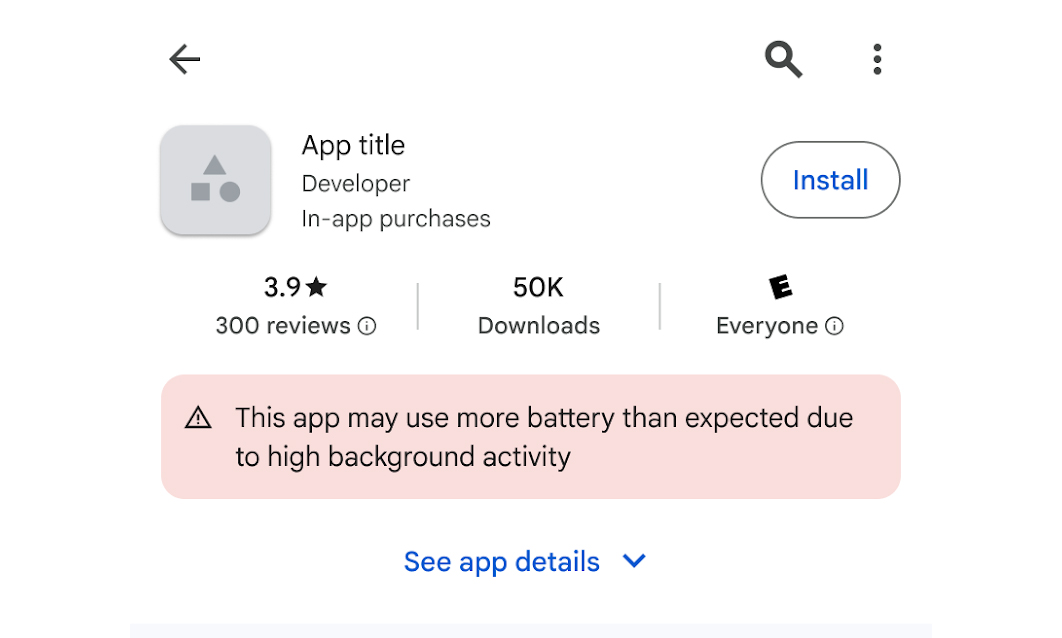 Google is living up to its word and posting warning labels for battery-killing apps. 9to5Google spotted Google's rollout announcement, which the company previously said would arrive on March 1. Google is living up to its word and posting warning labels for battery-killing apps. 9to5Google spotted Google's rollout announcement, which the company previously said would arrive on March 1.
The label says, "This app may use more battery than expected due to high background activity." If you don't yet see the warnings, they may not have reached you yet. Google says the banners will "roll out gradually to impacted apps" in the coming weeks.
Play Store battery warningGoogleWarning labels aren't the only stick in Google's fight against infringing apps. They may also be excluded from discovery services like Play Store recommendations.
Google's definition of battery-draining apps centers around Android's "partial wake lock" mechanism. This service allows an app to keep the phone's processor running even while the screen is off. There are logical exceptions where apps do need this: audio playback, location access, etc. But the company apparently sees too many abusing that API for other reasons. And Google wouldn't want people to assume the problem is with the hardware and switch to an iPhone — because then we're talking about money.
If you're a developer, Google's
|
|
Devices have been flying out of Cupertino the past three days, and everything's up for preorder now. Here's what's new.
|
|
We've known Apple would follow up its blockbuster film F1: The Movie with live coverage of F1 races in 2026. Now that we're approaching the first grand prix weekend of the year, the company has provided details on what fans can expect to see inside the Apple TV app and beyond.
There's already a dedicated F1 channel in the Apple TV app, which is where you'll stream races live when the time comes. You can also watch practice sessions, sprint races and both pre- and post-race coverage. Apple offers a number of additional F1 videos there (I'd recommend watching the one on the new rules) and you'll be able to stream the latest season of Drive To Survive on Apple TV as well.
Apple will offer the F1 TV feed as the main broadcast alongside the Sky Sports feed for all races. If you'll recall, ESPN used to show the Sky Sports feed with Sky's commentary team for its coverage of F1. Apple says it'll broadcast every grand prix in 4K (Dolby Vision) with 5.1 audio (no mention of Dolby Atmos).
As part of Apple's deal with F1, Apple TV subscribers get F1 TV Premium for the 2026 season. This gives you access to things like onboard cameras, team radios and live telemetry in
|
|
Who needs Half-Life 3 or Beyond Good & Evil 2? Roku, in an attempt to gamify content discovery on its platform, has cooked up a gaming announcement for the ages. Behold: Roklue. Yes, that's a real name that someone with a job title and (likely high) salary came up with.
Roklue (shudder) will quiz players on "the movies and TV shows that everyone is talking about," along with classic "beloved favorites." When it references a movie or show, it will provide a link for you to tune in on your device. The initial version is an Oscar season tie-in ("Roklue: Awards Season") that debuts on Saturday. This inaugural version is produced by B17 Entertainment, a Sony-owned company.
Roku says it will rotate thematic content throughout the year. Variety reports that those will center around music festivals, the Emmys and holidays.
Apart from that name, which should come with a gag-reflex warning, Roklue sounds harmless enough. You play a trivia game to find new stuff to stream; Roku grows its engagement. Win-win. But with corporate schemes like this, it's always worth wondering where further monetization might eventually come into play. Think something like linking to series on platforms you don't yet subscribe to. (Hello, kickback.)
On March 7, you'll fi
|
|
 Apple's latest iPad Air is a minor upgrade over last year's model, but there are still some changes worth noting beyond a new chip. Apple's latest iPad Air is a minor upgrade over last year's model, but there are still some changes worth noting beyond a new chip.
|
|
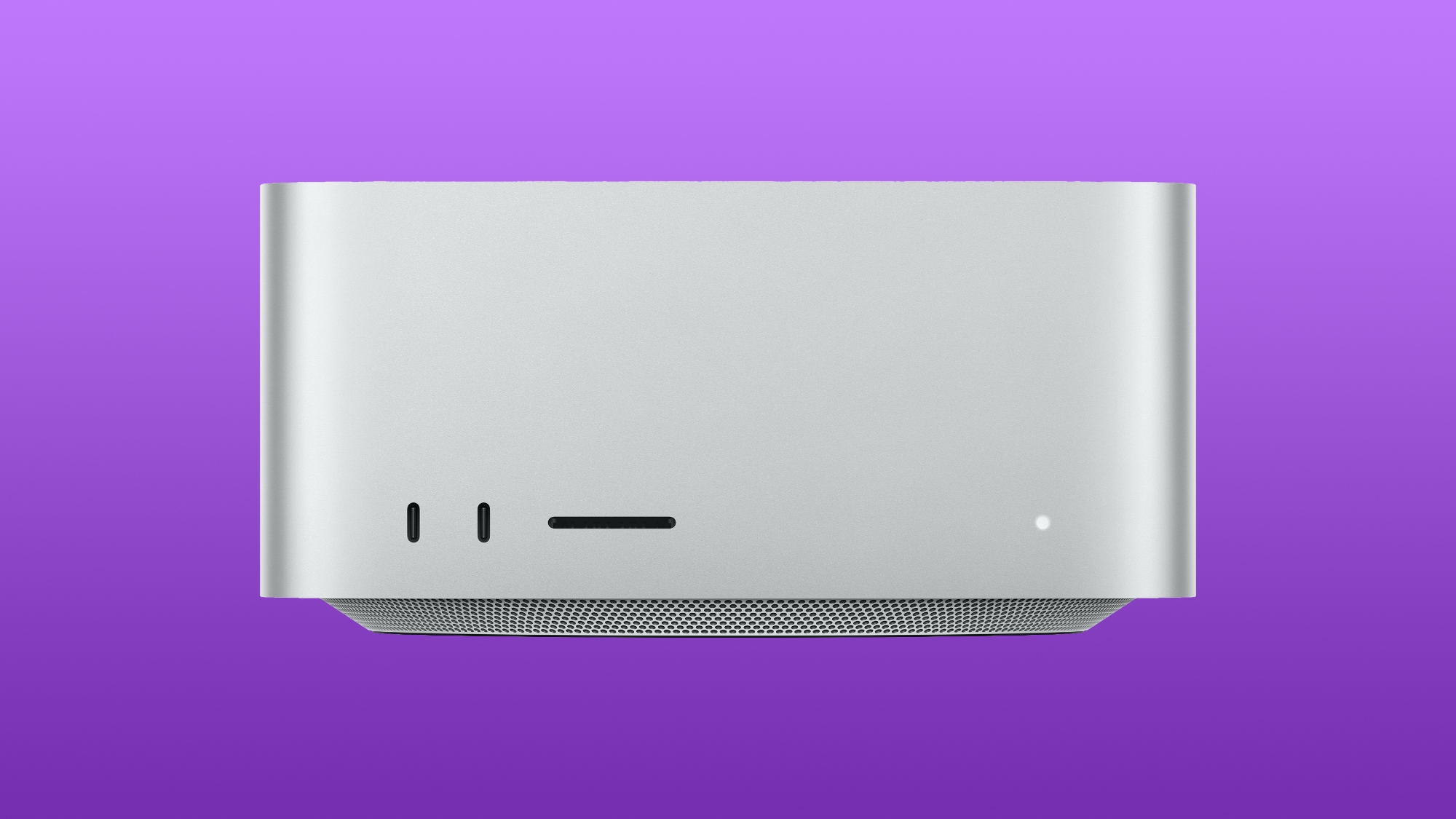 Apple quietly updated Mac Studio configuration options this week, removing the 512GB memory upgrade. As of yesterday, there is no option to purchase a ?Mac Studio? with 512GB RAM, with the machine now maxing out at 256GB. Apple quietly updated Mac Studio configuration options this week, removing the 512GB memory upgrade. As of yesterday, there is no option to purchase a ?Mac Studio? with 512GB RAM, with the machine now maxing out at 256GB.
|
|
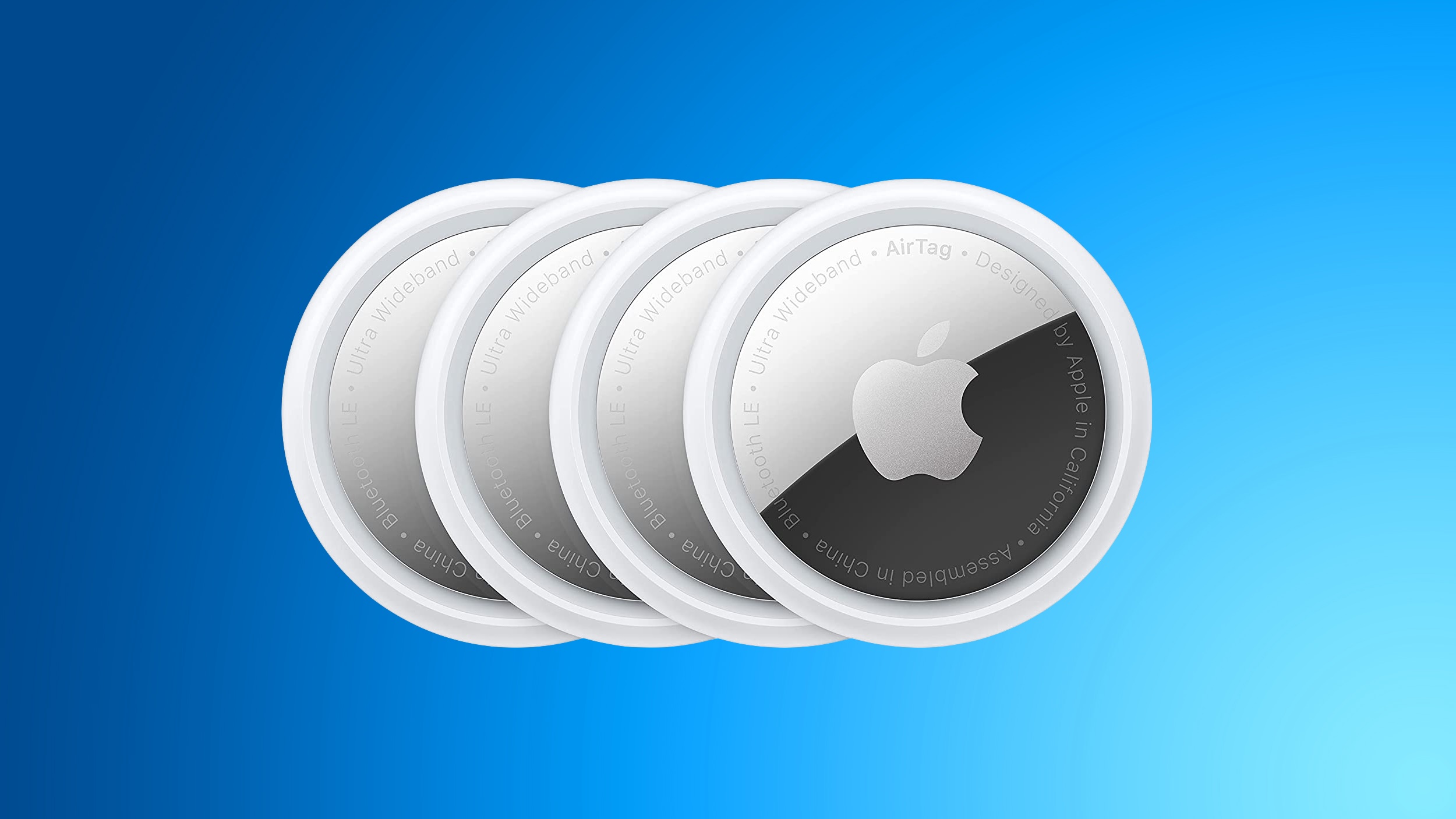 Apple's first-generation AirTag 4-Pack has dropped to $64.00 this week on Amazon, down from the original price of $99.00. Free shipping options have a delivery estimate around March 10, while Prime members should be able to get it delivered a few days sooner. Apple's first-generation AirTag 4-Pack has dropped to $64.00 this week on Amazon, down from the original price of $99.00. Free shipping options have a delivery estimate around March 10, while Prime members should be able to get it delivered a few days sooner.
|
|
These capabilities establish NetDocuments not merely as a place where firm content is stored and governed, but as an active intelligence layer that understands that content, organizes it, and surfaces the right context to AI at the right time
|
|
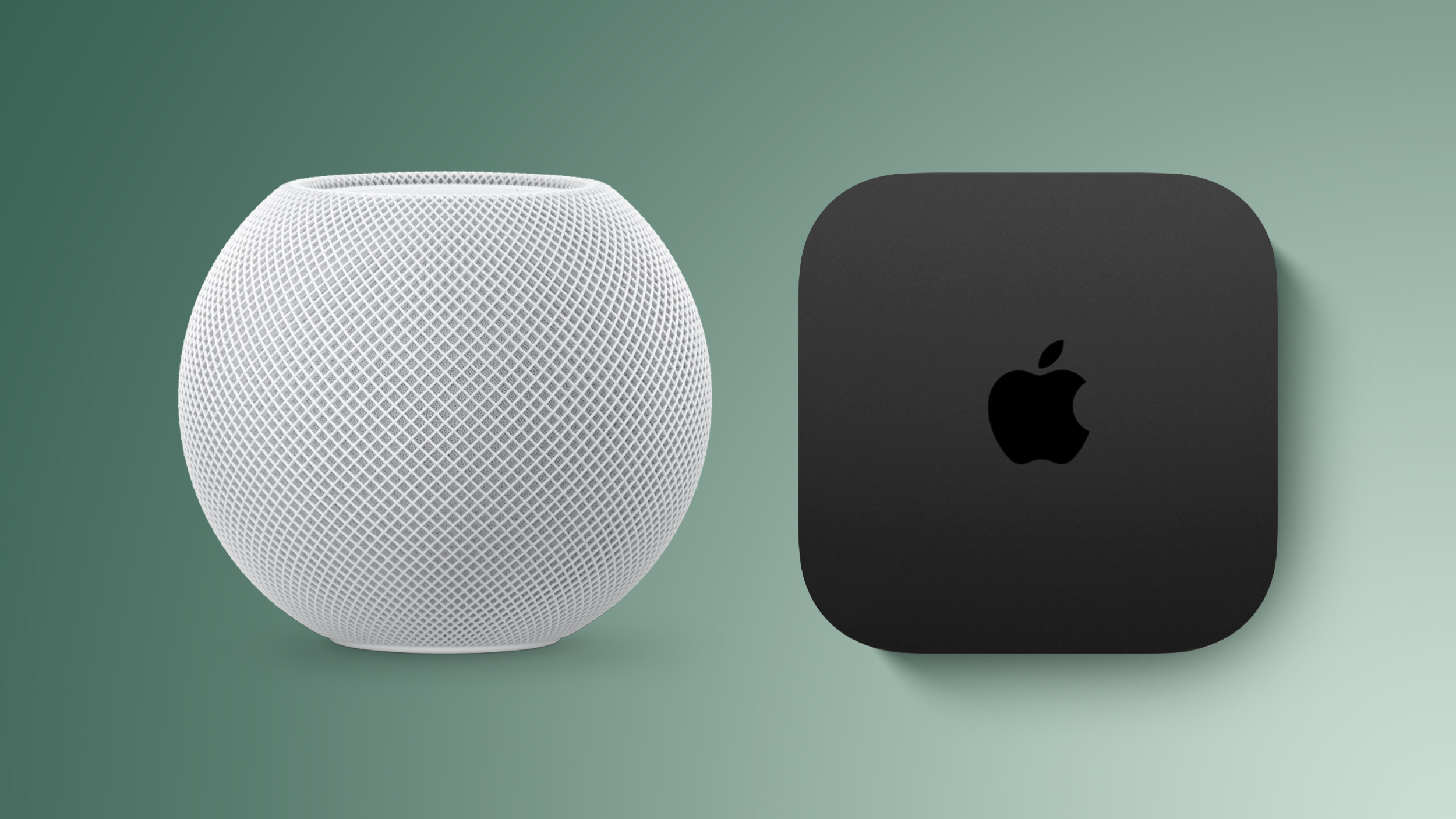 Apple this week unveiled seven products, ranging from the iPhone 17e to the MacBook Neo, but new Apple TV and HomePod mini models were not among them. Apple this week unveiled seven products, ranging from the iPhone 17e to the MacBook Neo, but new Apple TV and HomePod mini models were not among them.
|
|
The iPhone 17e is here to fill out Apple's smartphone lineup. Our primer on the differences and similarities of these iPhones can help you shop.
|
|
Apple is looking to gain a foothold in the more budget-friendly end of the laptop market with the MacBook Neo. The system starts at $599, which is darn inexpensive for an Apple laptop — it even has the same starting price as the M4 iPad Air.
As such, the MacBook Neo should help Apple compete with cheap Windows laptops and Chromebooks. Pricing it at $499 for educational use won't exactly hurt either.
Apple is really lowering the cost of entry for those looking to pick up a new MacBook here. The base MacBook Neo costs $500 less than the cheapest M5 MacBook Air, which is now officially Apple's midrange laptop.
Of course, there are a lot of tradeoffs you'll make by opting for a MacBook Neo instead of a MacBook Air. If you're curious about all the differences between the Neo and the base 13.6-inch Air (and perhaps what you'll be foregoing if go you with the cheaper option), we've got you covered.
MacBook Neo vs. MacBook Air exteriors
|
|
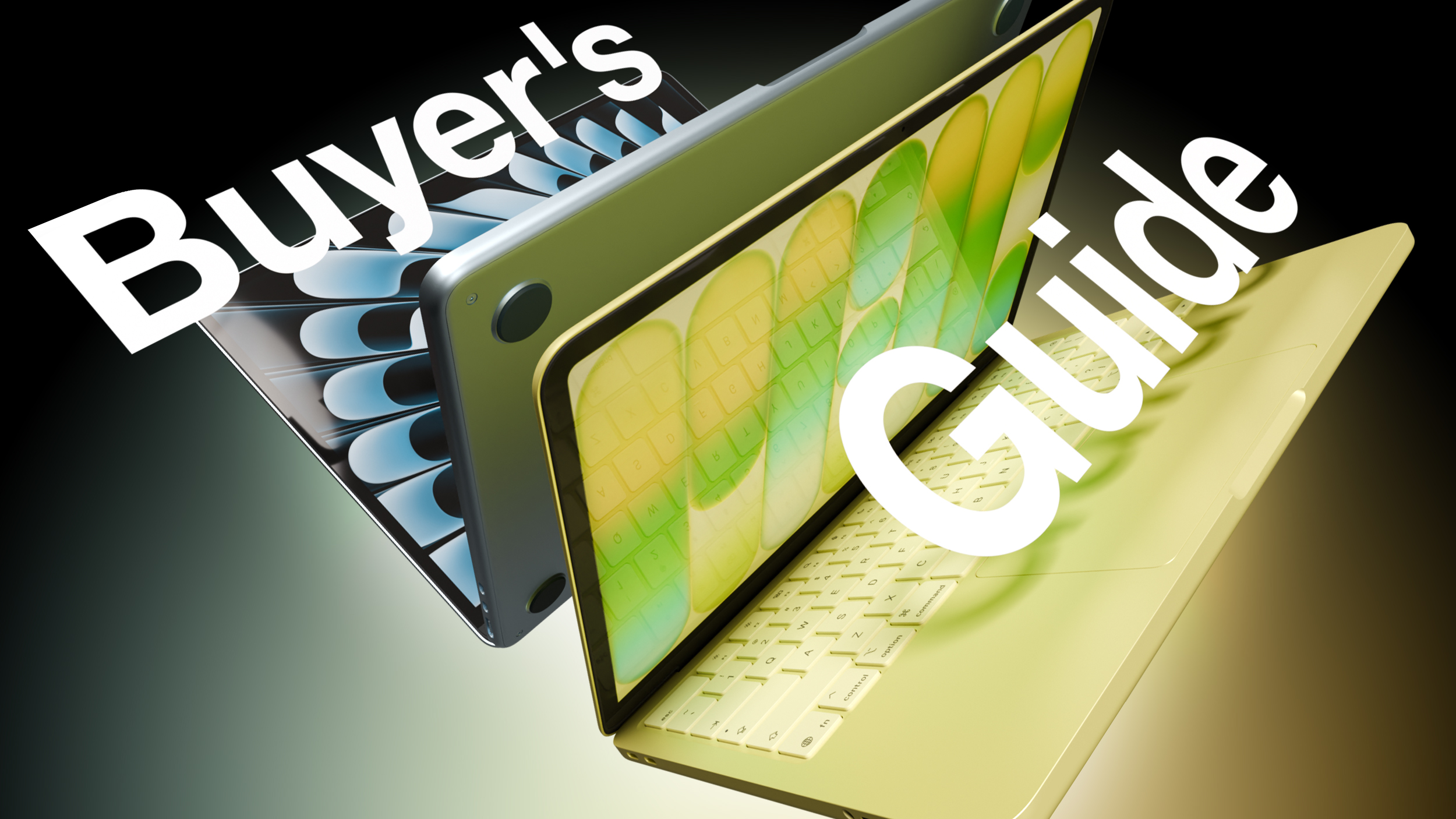 The MacBook Neo is now Apple's entry-level MacBook, undercutting the MacBook Air by $500. To deliver such a dramatically lower price, the MacBook Neo has a significant number of tradeoffs. Here's everything that's different between the two devices. The MacBook Neo is now Apple's entry-level MacBook, undercutting the MacBook Air by $500. To deliver such a dramatically lower price, the MacBook Neo has a significant number of tradeoffs. Here's everything that's different between the two devices.
|
RELATED ARTICLES | | |
|
 Anthropic is aiming to lure customers from ChatGPT and Gemini with a new memory import tool that's available to free users as of today. Conversations and memories from other AI providers can be imported into Claude, so new users will not need to start from scratch. Anthropic is aiming to lure customers from ChatGPT and Gemini with a new memory import tool that's available to free users as of today. Conversations and memories from other AI providers can be imported into Claude, so new users will not need to start from scratch.
|
|
